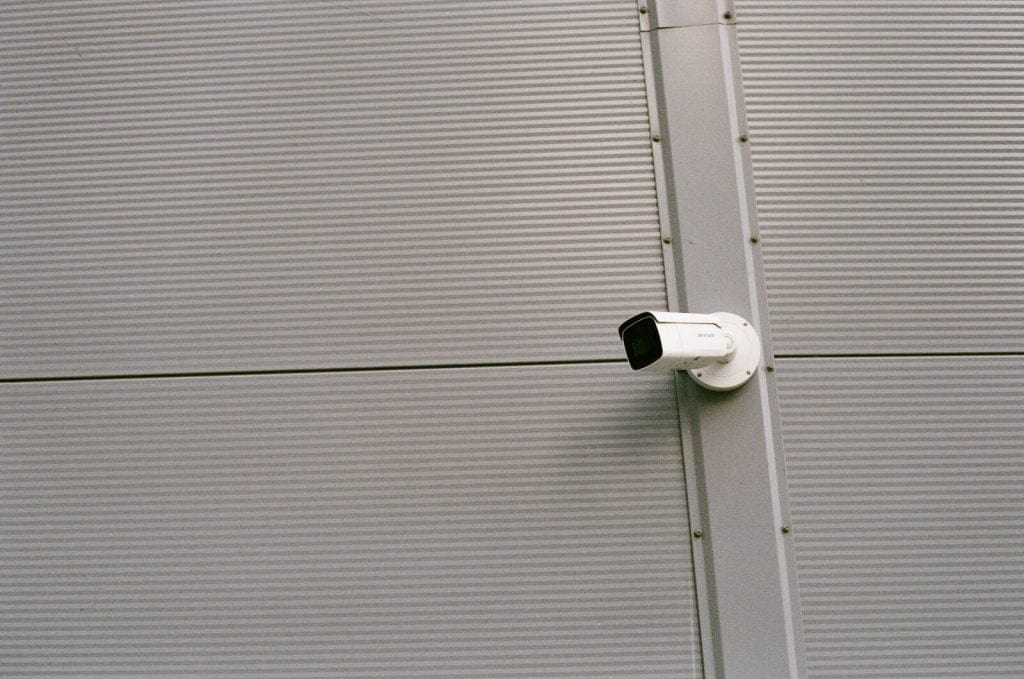How can an integrated security strategy better protect your retail business?
Table of Contents
ToggleSmall businesses are particularly vulnerable when it comes to cybersecurity. Many cyber attackers assume that small companies will need more resources for adequate security protection.
As a small business, you must protect your client’s data and protect your employees while they are on site. So, what’s the best way to boost your security measures?
Keep reading to learn about the benefits of the top integrated security tools for small businesses. Use this information to guide your security planning and decision-making.
Integrated Security with Video
Video security is a staple feature in any robust security strategy. Your business needs to have records of any intrusions or incidents occurring on the property, allowing for a police investigation or supporting an insurance claim. Placing video cameras strategically, in full view, can help you deter potential property crimes.
But did you know about the benefits of a cloud-based and integrated video security management system?
With cloud-based security cameras for retail stores, you can ensure that your security staff can check your surveillance footage from anywhere – staying consistently up-to-date with evolving security threats. Your security staff can remotely expand the view of moving security cameras, and view feeds using a mobile-based application.
However, even with the ability to view the security camera feed from anywhere, your security staff may still need to catch up on potential security threats. This is due to their potential to miss a security event while attending other tasks and duties.
With AI and analytics, you can equip your surveillance camera system to help your team spot and respond to security threats as soon as they arise. The software integrates with your cloud-based surveillance system to monitor the security data for vulnerabilities.
If an anomaly is detected in the system, the tool will alert your security staff to the potential threat, allowing them to respond quickly. Implementing this technology will help you ensure that your security staff has an increased chance of preventing crimes from occurring on your property instead of simply recording and reporting incidents.
Robust Alarm Systems And Devices
If your small business operates in an office or commercial building, you must prioritize alarm systems and devices in your security system. Not only are alarm systems necessary to protect your property and people, but they must also meet building regulations and qualify as a safe working environment. You can equip your building with the following alarm systems:
- Glassbreak sensors
- Gunshot detectors
- Smoke detectors
- Fire detectors
- Carbon monoxide detectors
Of these systems, carbon monoxide and fire detectors are necessary to ensure you meet health and safety guidelines. The other security alarm systems are beneficial for your security, too. Equipping your building with these systems will help you to reduce your vulnerability to natural disasters and physical security threats.
Suppose you opt for a cloud-based IoT alarm system. In that case, you can integrate your security alarms with other tools, allowing you to initiate lockdown procedures or evacuation procedures as soon as an alarm is triggered – your team won’t need to log into separate systems to perform these checks and processes.
Speeding up your emergency response procedures will help you to maximize the safety of your employees and building users, and your emergency response will be more successful.
Advanced Access Control
Access control is essential in the modern age. Locks are vulnerable to picking, and you need a system that allows you to quickly onboard and offboard employees from your system. With advanced access control solutions, you can grant your employees keycards or fobs to enter the building.
However, mobile access credentials are becoming an increasingly popular option for small businesses as they eliminate the need for excess spending on keycards and fob replacement. When you need to onboard new employees as your business grows, they can simply download an app to get their access credentials.
They can then enter the building independently without waiting for a new fob or keycard to be made and handed over. Cloud-based and mobile-first access control also presents the following benefits:
- Integration potential – you can integrate visitor management systems, wellness verification software, and occupancy management software to enhance the function of your access control system and improve ROI.
- Remote operation – for more agile security response procedures, your team can remotely operate door locks from anywhere using a mobile app or cloud-based control center.
- Touchless entry – with mobile access credentials, your employees can enter the building germ-free using Bluetooth-enabled entry. They will not need to withdraw their devices from their pockets or bags.
- Varying permissions – with a cloud-based access control system, you can adjust staff permissions to ensure only managers can access valuable inventory and dangerous equipment. You can easily update these permissions using a cloud-based control center.
Integrated Security – Summary
If you want to improve security for your SMB, you should turn to cloud-based technologies. On-premise security systems can provide a different integration potential and agility than a cloud-based alternative. Making the switch will create a more user-friendly experience for your security staff and help you achieve ROI on your security investments by enabling integrations that expand the function of your existing security tools.




